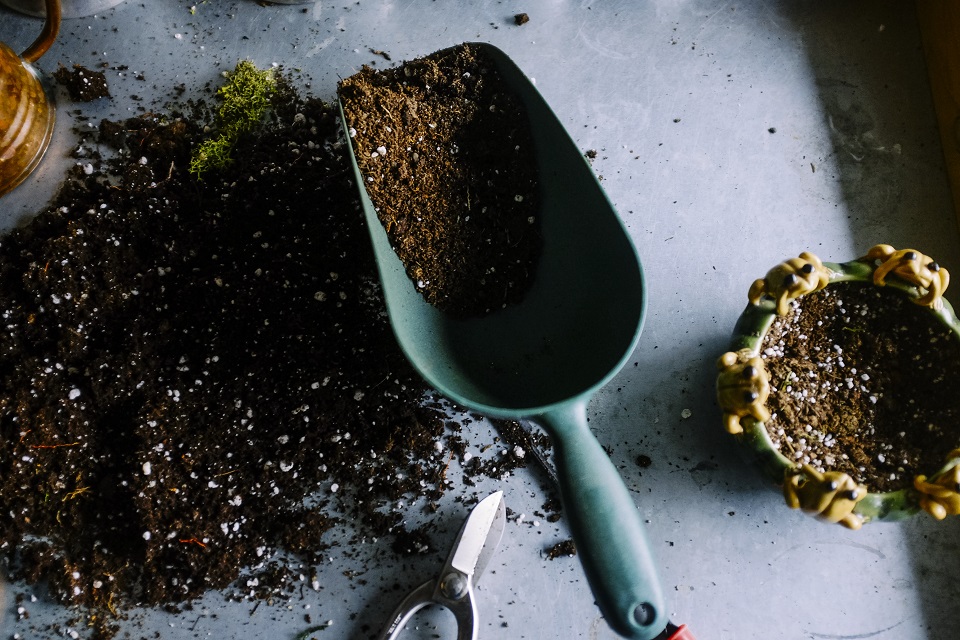What a waste!
Whenever I look into the organic waste bin behind my house I get a shock – all I can see is plastic. And unfortunately it’s not those special biodegradable trash bags.
In Leipzig, and most likely everywhere, this is not an isolated case. The regional environmental organisation Ökolöwe recently visited a composting plant that processes the organic waste of the city of Leipzig. Next to heaps of non-degradable trash bags they found all kinds of other packaging, as well as bottles and spray cans. I have absolutely no idea why anyone would think it a good idea to throw these into the organice waste bin.
In the composting plant the compost is passed through a sieve on a regular basis, and as the rotting compost becomes smaller and smaller, bit by bit the plastic gets caught and can be removed. However, in my opinion this should not be the solution. Wouldn’t it be a lot smarter to simply throw things in the right bin to start with, rather than having to waste a ton of energy and money in order to get it back out? Anyway, the sieving process unfortunately only works for large and stable packaging. Trash bags, which are often made from very thin plastic, can get torn up into increasingly small pieces. The tiny bits of plastic can pass through the sieves and stays in the compost. When the rotting process is complete, the compost is used in gardens and on fields. Soil processes there continue to break up the plastic into smaller bits until they shrink to the size of so-called microplastic, similar to what is used in the cosmetic industry. These are pieces of plastic that are so tiny that it can be taken up by organisms and therefore move into the food chain. Through the food chain the plastic we use can come back to us. As we are quite high up the food chain, the process of bioaccumulation means that we will be faced with considerably large amounts of microplastic in our food. What exactly the effects of this are, is still unclear. Clear, however, is that we are not meant to have large quantities of plastic in our body.
Instead of plastic trash bags, it would be better to use paper bags or collect your organic waste directly in a bin, without additional bag. Unfortunately those special biodegradable organic waste bags are also not ideal. They are not fast enough in their rotting process and therefore often get caught in the sieve and end up being burned. This means that valuable resources get lost. A good solution, though not feasible for everyone would be to have your own composting plant using a store-bought or home-made vermicomposter.
I am myself still looking for the perfect solution. I had found an okay way: a compost bin with carbon filter, which ensures that there is no smell. In this bin I put a paper bag for the organic waste. Unfortunately the bin wasn’t all that stable and survived only a few months. So now I’m back at a paper bag on the balcony that has to be removed before it starts to swim away. It’s all not ideal in my opinion. So if any of you has found the ultimate solution I would be happy to hear about it!

